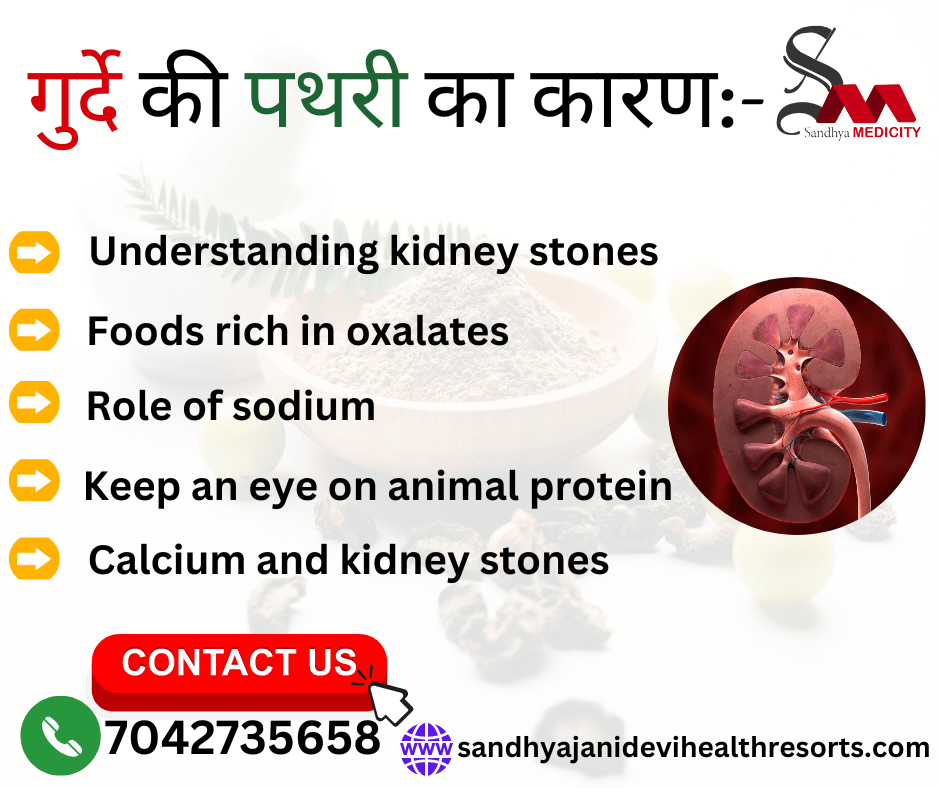Which foods can potentially cause kidney stones? Kidney stones can be a painful and frustrating condition, so it’s important to have a good understanding of which foods to avoid. In this video, we’ll delve deeper into the world of kidney stones, discuss their causes, and give you practical tips on preventing them through dietary changes.

Table of Contents
Understanding kidney stones
Before diving into specific foods, let’s first understand what kidney stones are and how they form. Kidney stones are hard deposits that develop in the kidneys when certain substances in the urine become overly concentrated.
Foods Cause Kidney Stones – There are several types of kidney stones, such as calcium oxalate, uric acid, and struvite stones. Among them, calcium oxalate stones are the most common, accounting for about 80% of cases.”
Foods rich in oxalates
One of the important contributors to the formation of calcium oxalate kidney stones is the consumption of high-oxalate-rich foods. Oxalates are naturally occurring compounds found in many plant-based foods.
Although they are harmless for most people, people who have a history of kidney stones should be cautious. Some common foods rich in oxalate include spinach, rhubarb, beetroot, Swiss chard and chocolate. However, completely avoiding these foods may not be necessary for everyone. Moderation is the key.”
Role of sodium
Our next culprit is sodium, which is found in abundance in many processed and packaged foods. A high-sodium diet can increase the amount of calcium in your urine, which can promote the formation of kidney stones.
It’s important to limit your intake of added salt and avoid foods like bacon, canned soups, fast food and most prepackaged snacks. Opting for fresh fruits, vegetables and lean proteins instead will not only reduce your risk of kidney stones, but will also improve your overall health. ,
Keep an eye on animal protein
Although animal protein is a valuable source of nutrients, excessive intake can contribute to kidney stone formation. Animal proteins, such as red meat, organ meats and shellfish, can increase the level of uric acid in your urine, leading to uric aciduria.
Acid Stone. Balancing your diet with plant-based proteins such as legumes, tofu and beans may help reduce your chances of developing this type of kidney stone.”
Importance of hydration
Let’s discuss the importance of hydration when it comes to preventing kidney stones. Staying well hydrated dilutes urine and lowers the concentration of stone-forming minerals.
It is generally recommended to drink at least eight glasses of water per day. , However, this may vary depending on factors such as climate and individual needs. Additionally, adding citrus fruits such as lemons or oranges to your diet can provide citrate, which prevents stone formation.”
Calcium and kidney stones
Contrary to what you may believe, adding calcium-rich foods to your diet can actually help prevent kidney stones. Calcium binds to oxalates in the digestive tract, limiting their absorption and reducing exposure.
Dairy products such as milk, cheese, and yogurt are excellent sources of calcium. However, it is important to avoid excessive calcium supplementation, as this may increase the risk of kidney stones. Speak with a health care professional to determine the appropriate dosage for your needs.”
Conclusion:-
While kidney stones can be painful and disruptive, making smart dietary choices can significantly reduce your risk. Remember to limit your intake of high-oxalate foods, limit sodium and animal protein, stay well hydrated, and include a balanced amount of calcium in your diet. These simple adjustments can go a long way in preventing kidney stones and promoting better overall kidney health.


